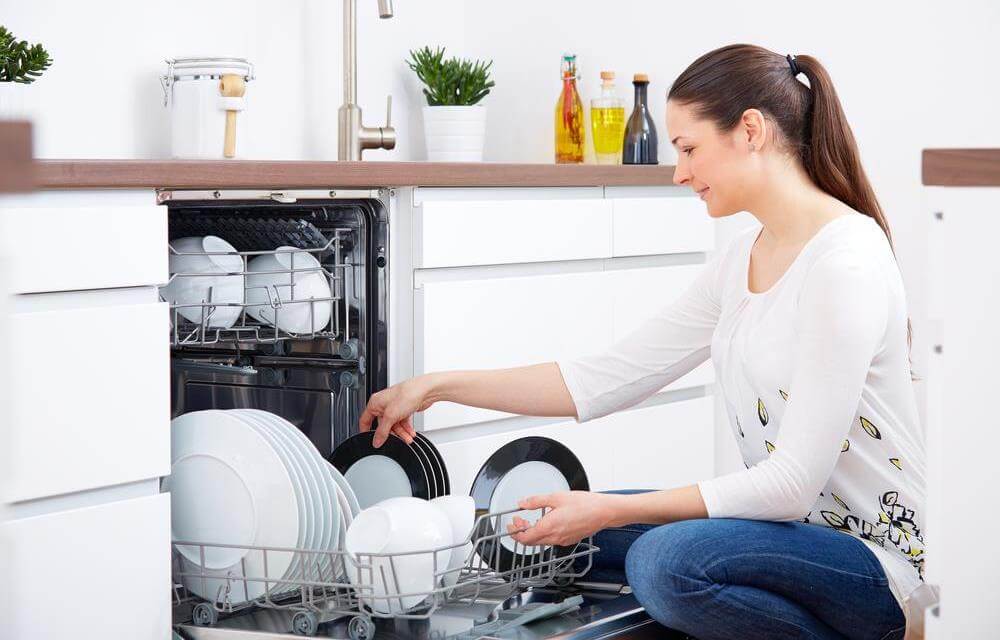A Brief Overview Of Water Filter Systems

A brief overview of water filter systems
Water filter systems aim at removing impurities and minimizing the contamination of water using a physical or chemical barrier and/or a biological process. The method of filtration involves adsorption, sieving, ion exchange, and other processes.
Our body needs roughly 0.5 gallons of water every day. Although we don’t have to drink that much as we even get some of it from the food that we eat. Since water is as important as food, it is not surprising that people spend good money on water filter systems that can help remove harmful impurities and provide clean and pure drinking water.
What are the types of water filters?
Based on the application of physical and chemical techniques, water filter systems employ 3 main types of techniques:
- Reverse osmosis – This water filtration technique filters water at high pressure through a membrane, which is a very fine filter. As a result, the water passes through the filter leaving the contaminants behind.
- Ion exchange – Ion exchange is usually employed to “soften” the water which is done by removing the limescale. It is designed in such a way that it can split apart atoms of contaminating substances to make ions. This makes it easy for the water filter to trap the ions of contaminated substance and release less troublesome or “good” ions in exchange.
- Activated carbon – Most commonly used by household water filters, these contain charcoal-based activated carbon granules. Carbon granules have a huge cross area that helps in attracting chemical impurities by implying a technique called adsorption.
How to choose the best water systems?
- The first step is to check for the quality of water. Determine what is the basic chemical makeup of the water supplied to your home. This will help you decide what type of filtration is needed for the water that is pumped in your home.
- Point of Use (POU) water systems are the devices that are customized as per customer needs. They are available as personal bottles with built in filters and refrigerator filters. These POU filters can be can be mounted on a faucet, below a sink, or can be used as countertop.
- Filters should be periodically replaced so that they filter the water efficiently. The cost of replacing a filter can range anywhere between $20 to $500. Irrespective of where you are buying the filter from, be it online or from a store, choose a filter that requires the least maintenance.
- When you are purchasing a water filter, choose the ones that covers the maximum period in the warranty and one that comes with an extra set of filters.
- Pick a filter that is manufactured as per the norms of American National Standards Institute (ANSI). Water filter systems designed as per the accredited certificate body examples like NSF and WQA Gold seal are recommended.
Which are some of the popular water filter systems and what are they priced at?
Based on the price range and types, here are a few water filter systems:
- Brita Everyday Filter – It is a water pitcher that has filters that need not be pre-soaked by installation. The filters use a combination of activated carbon and ion exchange resin that reduces minerals and chemicals such as chlorine, zinc, copper, cadmium, and mercury. Cost of a single pitcher (including the filter) is $36.
- PUR Advanced Faucet Water Filter – This NSF water filter can remove as much as 70 contaminants. A thing to note about it is that it has lead removing abilities but does not remove fluoride. The faucet mount is priced at $35 which includes the price of the filter. 4 filters for a year would cost you at around $145.
- Apec 5-Stage Reverse Osmosis Filter – Apec-5 water filter is a bulky system which you can install under the sink. This way, only the faucet will be visible on the sink. It works using the process of reverse osmosis. The system has a NSF classified tubing and claims to reduce contaminating elements like, arsenic, fluoride, lead, and chlorine. The filter is priced at $200.

